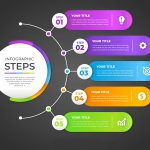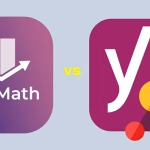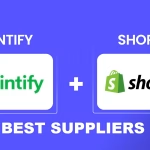You know that feeling when you’ve poured your heart into creating amazing content, but it’s nowhere to be found on Google? I’ve been there, and it’s frustrating. So, what are SERPs?
After spending years helping websites climb the SERP ladder, I’ve learned that understanding search engine results pages isn’t just about keywords anymore – it’s about creating a symphony of signals that Google loves.
What Are SERPs and Why Should You Care?
Search Engine Results Pages (SERPs) are like the storefront of the internet. Every time someone types a query into Google, they’re presented with a SERP.
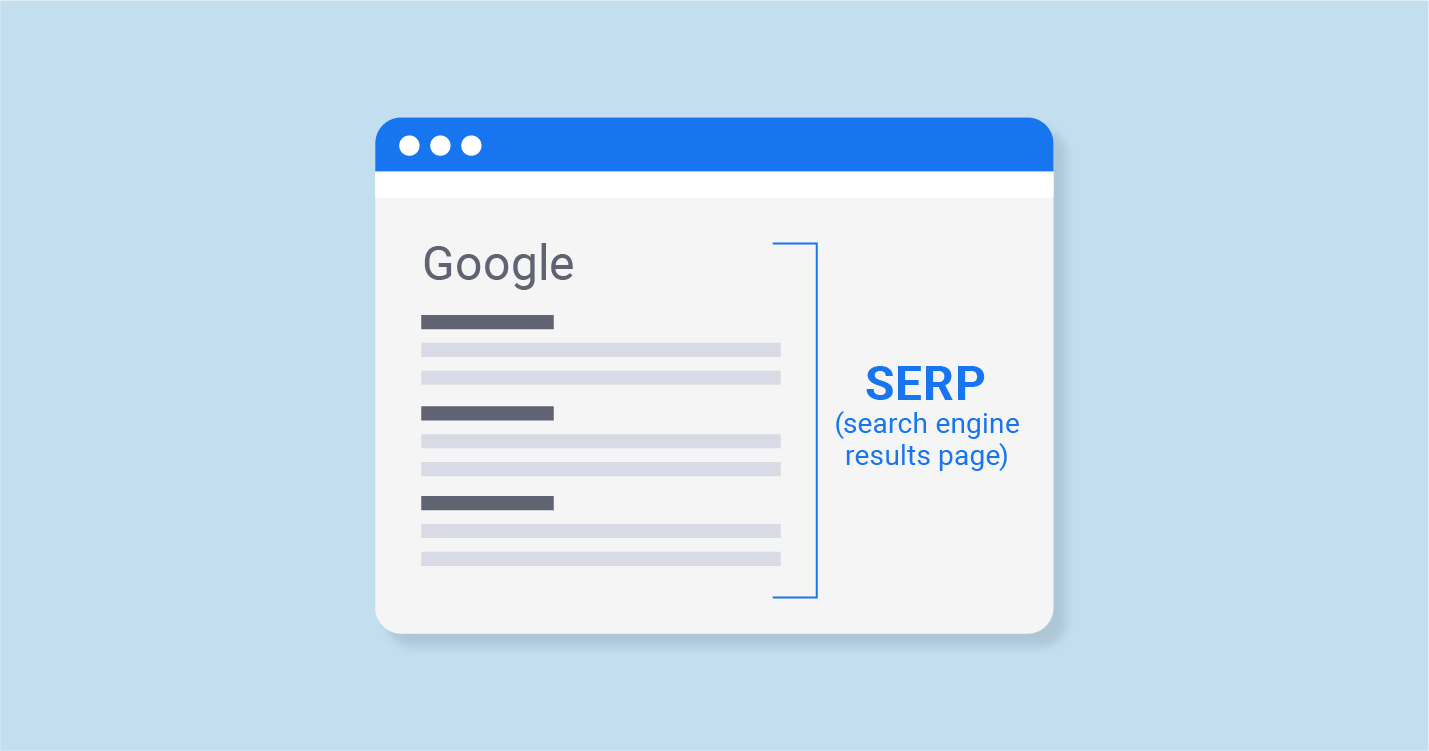
But here’s what took me years to figure out: these pages are far more complex than just ten blue links.
When I started SEO, I thought it was all about getting to the #1 spot. Boy, was I wrong! Modern SERPs are a dynamic ecosystem of different elements, each serving a specific purpose and offering unique opportunities for visibility.
Breaking Down SERP Features
1. Organic Results
These are the traditional blue links we all know, but don’t be fooled by their simplicity. Each organic result now comes packed with multiple elements:
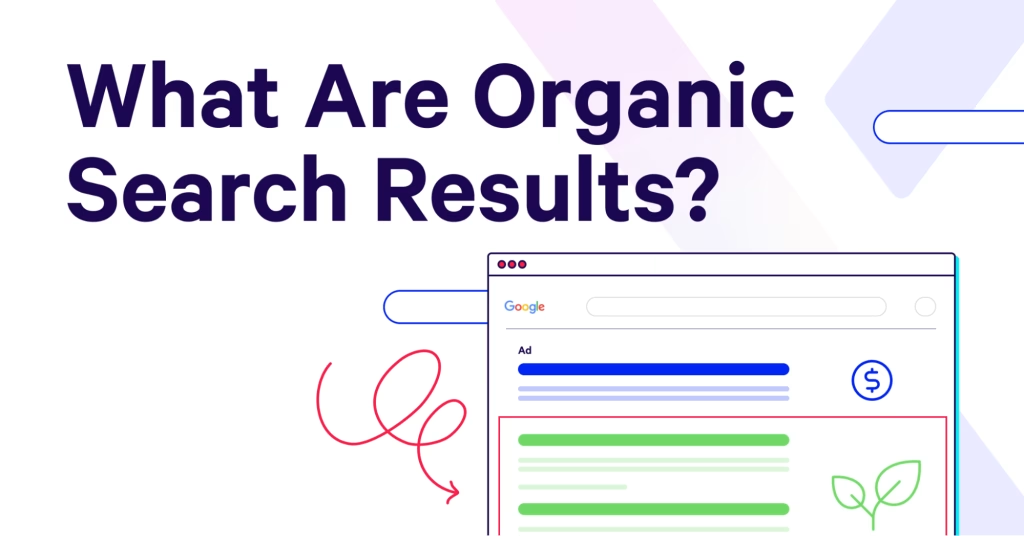
- Title tag (usually in blue)
- URL (in green)
- Meta description or relevant snippet
- Site links (those smaller links under some results)
- Rich snippets (like review stars or recipe information)
2. Featured Snippets
Let me share something that changed my SEO game forever. Back in 2023, I had a client whose traffic doubled after we optimized for featured snippets.
The secret?
Understanding that featured snippets aren’t just about providing answers – they’re about providing the best-structured answer.
To optimize for featured snippets:
- Structure your content with clear headings
- Answer questions directly and concisely
- Use bullet points and numbered lists where appropriate
- Include relevant data and statistics
- Keep your paragraphs between 40-60 words
Learn How to Improve Your Blog’s Domain Authority in 2025
3. People Also Ask (PAA) 🗣️
The PAA box has become increasingly important. I’ve seen sites getting massive traffic just by targeting these questions effectively. Tools like AnswerThePublic and AlsoAsked.com have been game-changers in understanding what questions to target.
Understanding SERP Layout Changes
One thing that caught me off guard early in my career was how dramatically SERPs can change based on search intent. Google’s AI has gotten incredibly sophisticated at determining user intent and adjusting the SERP layout accordingly.
Commercial SERPs
For commercial queries, you’ll typically see:
- Shopping ads at the top
- Product carousel
- Local pack (if relevant)
- Organic results with rich snippets
Informational SERPs
These usually feature:
- Featured snippets
- Knowledge panels
- Video results
- News carousel (for trending topics)
Tools for SERP Analysis 🛠️
Over the years, I’ve tested dozens of tools, but these have consistently proven their worth:
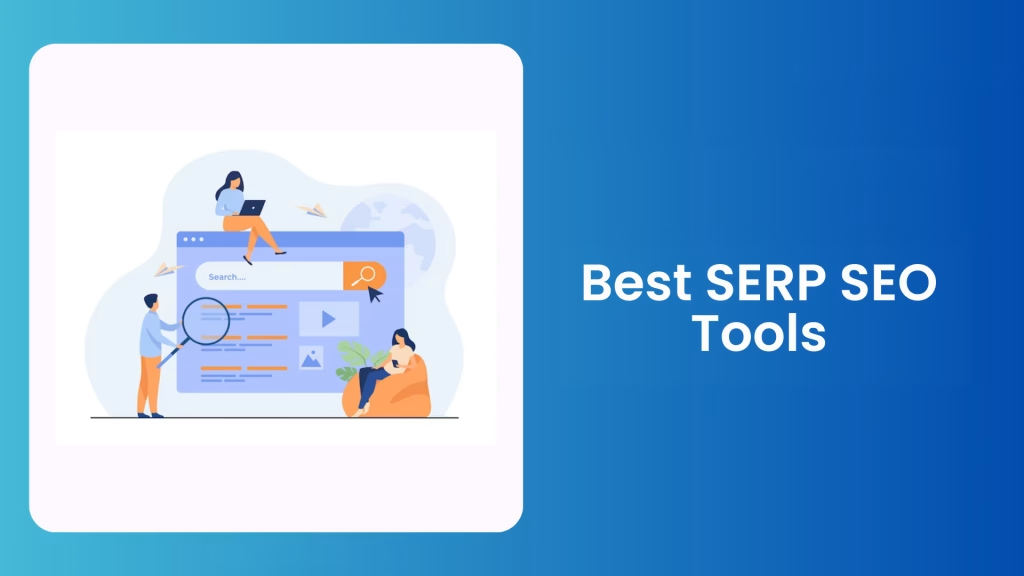
- Semrush – For comprehensive SERP analysis and position tracking
- Ahrefs – Excellent for understanding SERP features and opportunities
- RankTracker – Great for local SERP monitoring
- ChatGPT (with GPT-4) – Helpful for content optimization and understanding search intent
- Claude – Excellent for analyzing content gaps and improving semantic relevance
- Google Search Console – The best free tool for understanding how Google sees your pages
Mobile vs. Desktop SERPs
Here’s something that took me by surprise: the same query can produce dramatically different results on mobile versus desktop.

Mobile SERPs tend to favor:
- Local results
- Quick answers
- Visual content
- Voice-search optimized content
Advanced SERP Optimization Strategies
Entity SEO
The future of SEO lies in entity optimization. Google’s Knowledge Graph is becoming increasingly important, and understanding how to optimize for entities has given my clients a significant edge.
Core Web Vitals
I figured out this the hard way: you can’t ignore technical SEO. Core Web Vitals directly impact your SERP visibility. Use tools like:
AI-Powered Optimization
Modern SERP optimization requires embracing AI tools:
- Surfer SEO for content optimization
- MarketMuse for topic clustering
- Clearscope for semantic relevance
Discover 5 Best Free SEO Tools That Actually Work in 2025
Common SERP Myths Debunked
Let me clear up some misconceptions I’ve encountered:
- “Position #1 is always the best” – Not necessarily. Sometimes featured snippets or other SERP features can drive more clicks.
- “Meta descriptions don’t matter” – They absolutely do for click-through rates.
- “You need exact keyword matches” – Semantic relevance is more important now.
Discover 5 Best Free SEO Tools That Actually Work in 2025
What’s Next for SERPs?
Based on current trends, we’re likely to see:
- More AI-driven results
- Increased personalization
- Enhanced visual search integration
- Greater emphasis on entity relationships
- More interactive SERP features
Learn How to Improve Your Blog’s Domain Authority in 2025
Conclusion
Understanding SERPs is an ongoing journey, not a destination. The key is to stay curious, keep testing, and always put user intent first. Remember, the best SERP optimization strategy is one that evolves with Google’s algorithms while staying true to providing value to users.
I hope this guide helps you navigate the complex world of SERPs more effectively. Keep experimenting, stay updated with the latest changes, and don’t be afraid to try new optimization strategies. The SERP landscape may be challenging, but with the right approach, it’s full of opportunities for growth.
Have you noticed any interesting SERP features in your niche? I’d love to hear about your experiences in the comments below!
FAQs
1. What are SERPs in SEO?
SERPs (Search Engine Results Pages) are the pages displayed by search engines like Google when a user enters a query. They showcase a mix of organic results, paid ads, featured snippets, and more.
2. Why are SERPs important?
SERPs determine how your website appears to users. Ranking higher increases visibility, drives traffic, and boosts credibility, making them critical for SEO success.
3. What are the different types of SERP features?
Common SERP features include:
- Featured Snippets: Quick answers to queries.
- People Also Ask (PAA): Related questions users often search.
- Knowledge Panels: Information boxes for brands or topics.
- Local Packs: Maps and local business listings.
- Shopping Results: Product ads for e-commerce sites.
4. How do search engines decide rankings on SERPs?
Search engines use algorithms that evaluate factors like keyword relevance, content quality, backlinks, page speed, and user experience to determine rankings.
5. What’s the difference between organic and paid search results?
- Organic Results: Earned through SEO efforts without payment.
- Paid Results: Ads purchased through platforms like Google Ads, marked with “Ad.”
6. How can I optimize my site to rank higher on SERPs?
Focus on:
- Conducting keyword research.
- Creating high-quality, relevant content.
- Improving website speed and mobile-friendliness.
- Building authoritative backlinks.
- Enhancing user experience (UX).
7. What is a featured snippet, and how can I get one?
A featured snippet is a highlighted answer box at the top of some SERPs. To earn one:
- Use structured content with clear headings.
- Answer questions directly.
- Use bullet points, tables, or numbered lists.
8. Are local SERPs different from regular ones?
Yes, local SERPs prioritize results based on a user’s location. They often include maps, business listings, and customer reviews to help users find local services.
9. What tools can I use to analyze SERPs?
Popular tools include:
- SEMrush
- Ahrefs
- Google Search Console
- Moz
- SERPsim for previewing your snippets.
10. How frequently do SERPs change?
SERPs can change daily due to algorithm updates, fresh content, or changes in user behavior. Monitoring and adapting your strategy is essential to maintain rankings.
Did you find this guide helpful? Share it with your network and let’s help more people understand and optimize for SERPs effectively! Remember to bookmark this page – I’ll be updating it regularly as new SERP features emerge.


